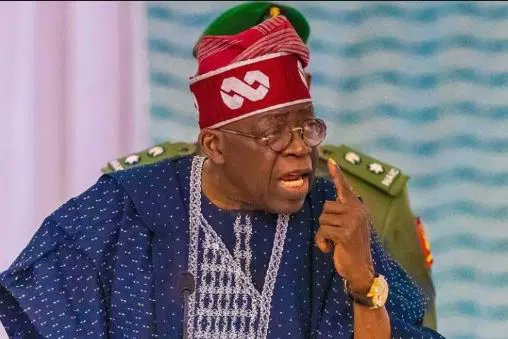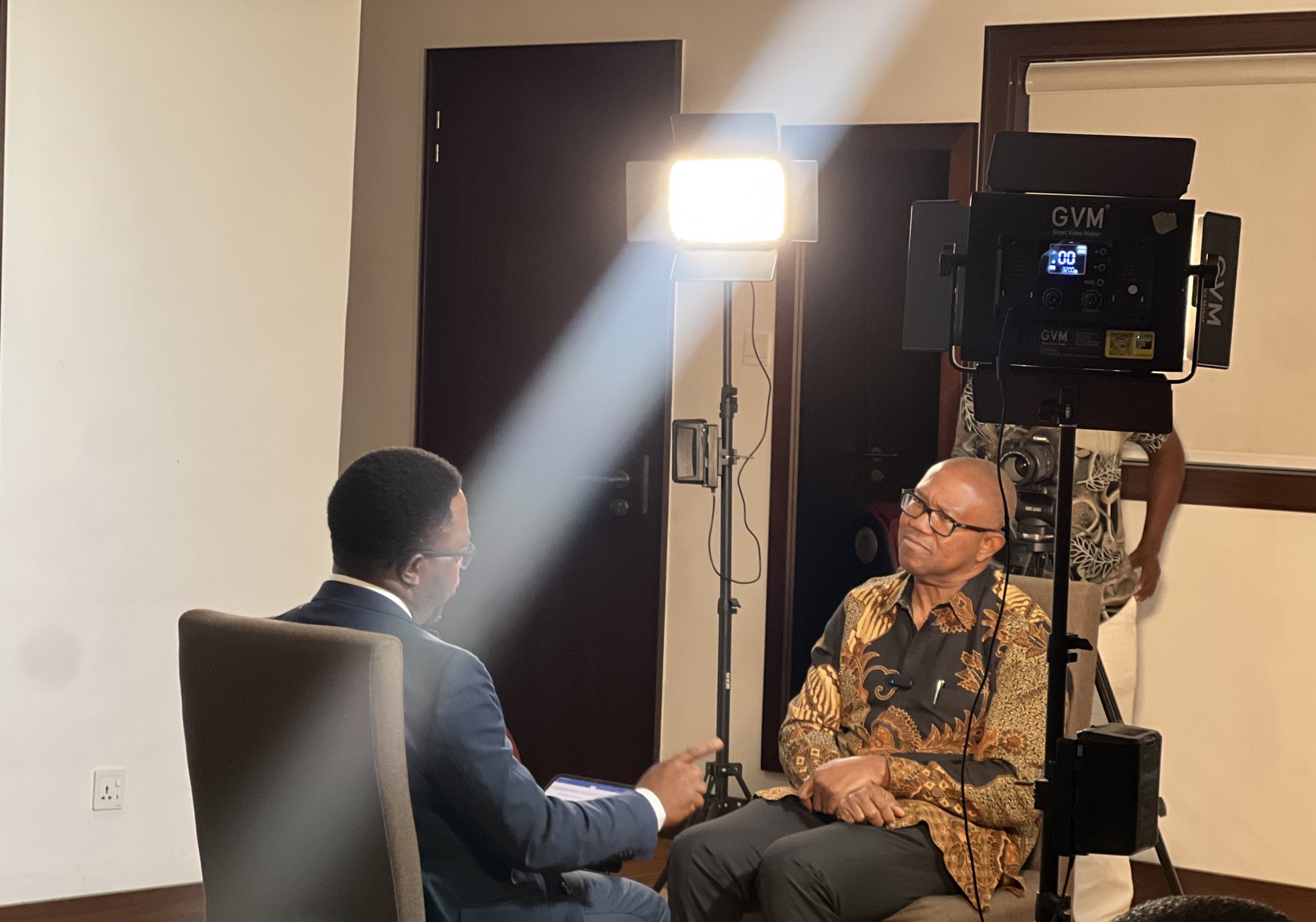
Tinubu’s 2027 Re-election Bid Faces Fierce Storm as Northern Support Dwindles – Zainab Galadima Sounds Alarm

In what appears to be one of the clearest warnings yet on President Bola Ahmed Tinubu’s political future, political analyst and northern youth leader, Zainab Galadima, has stated that the President’s bid for re-election in 2027 may be the toughest of his entire political career, warning that he might struggle to secure even 30% of the northern votes if the current trajectory continues. Her candid remarks, made during a recent interview reported by Vanguard Nigeria, have ignited a fresh wave of discourse on the political mood in the North and the deepening fractures within Nigeria’s political landscape.
Zainab Galadima, known for her grassroots mobilization and forthright political commentary, did not mince words as she painted a bleak picture of the President’s popularity in the northern region. According to her, the northern electorate, once a stronghold for the ruling All Progressives Congress (APC), is rapidly losing faith in Tinubu’s leadership. She cited rising poverty, worsening insecurity, skyrocketing cost of living, and a perceived disconnect between the presidency and everyday Nigerians as the key factors fueling northern disillusionment.
“The North is boiling in silence,” Galadima declared. “The same people who queued under the sun to vote APC in 2015 and again in 2019 are today the ones feeling the harshest brunt of this government’s policies. Go to Zamfara, Katsina, Sokoto, Borno — the story is the same: hunger, fear, and frustration. If elections were held today, President Tinubu would struggle to get even 30% of the northern votes.”
This stark prediction throws a glaring spotlight on the challenges facing Tinubu’s administration just over a year into its term. Although he rode to power in 2023 with the backing of a complex coalition that included strong northern support, cracks have since emerged. The unrelenting depreciation of the naira, widespread subsidy removal protests, and public sector strikes have all contributed to the sense that the government is failing to deliver on its promises.
Zainab Galadima’s comments have gained traction, not just for their substance, but for the underlying truth they seem to echo. In recent months, discontent in the North has become increasingly visible, from widespread protests in Kano over food prices to student demonstrations in Bauchi and Maiduguri decrying poor infrastructure and economic hardship. Traditional leaders, clerics, and civil society voices have subtly — and sometimes openly — criticized the administration’s handling of key issues, especially insecurity and poverty.
“The northern voter is not sentimental anymore,” Galadima continued. “People are hungry. People are scared. Bandits have taken over villages, yet the President appears more interested in photo ops and international travels than addressing these urgent issues at home. If nothing changes drastically between now and 2027, there will be a political reckoning at the ballot box.”
Analysts have long speculated about the fragility of the APC coalition, particularly after the death of political godfather and vote-puller, Mallam Mamman Daura, and the retirement of some prominent northern figures from active politics. With former Vice President Atiku Abubakar, Senator Rabiu Musa Kwankwaso, and Labour Party’s Peter Obi all keeping their political machines warm, Tinubu may soon find himself battling not just a fractured electorate but also a rejuvenated opposition.
Even within the APC itself, murmurs of discontent are growing. Some northern lawmakers and governors are said to be quietly reconsidering their loyalties, with one northern senator anonymously telling reporters, “If we go into 2027 with this same momentum, we might lose everything. The North is already slipping away.”
Zainab Galadima’s message resonates as much for its urgency as its clarity. She warned that the time to act is now if the President hopes to redeem his image and salvage his chances. “You cannot rule a country like Nigeria with deaf ears,” she warned. “There’s too much at stake. People want leadership, not slogans. They want food on their table, safety in their communities, and a real sense that someone in Aso Rock understands what they are going through.”
The President’s media team has yet to respond officially to Galadima’s comments, but close aides have in recent weeks attempted to reframe the narrative around Tinubu’s presidency. Efforts have been made to showcase policy wins, particularly in infrastructure and digital economy reforms, but for many, these successes have been overshadowed by the pain of economic reforms, especially the fuel subsidy removal and floating of the naira, which triggered inflation and hardship on a national scale.
Galadima insists that no amount of propaganda or publicity can cover the realities on ground. “The problem is not image. The problem is substance. The North is watching and waiting. Tinubu must re-earn their trust or forget about 2027.”
As the President grapples with dwindling approval ratings, the warning from the North could not have come at a more crucial time. Zainab Galadima’s words serve not just as political commentary but as a wake-up call to the corridors of power. The honeymoon is over, and the real test of leadership, loyalty, and legacy has just begun. If the President is to stand a chance in 2027, he must urgently rebuild the bridge between himself and the northern masses, a bridge that now looks dangerously close to collapse.
The road to 2027 is still long, but the signs are becoming increasingly ominous for a President whose greatest challenge may not be his rivals, but the very people who once believed in his promise of renewed hope.

